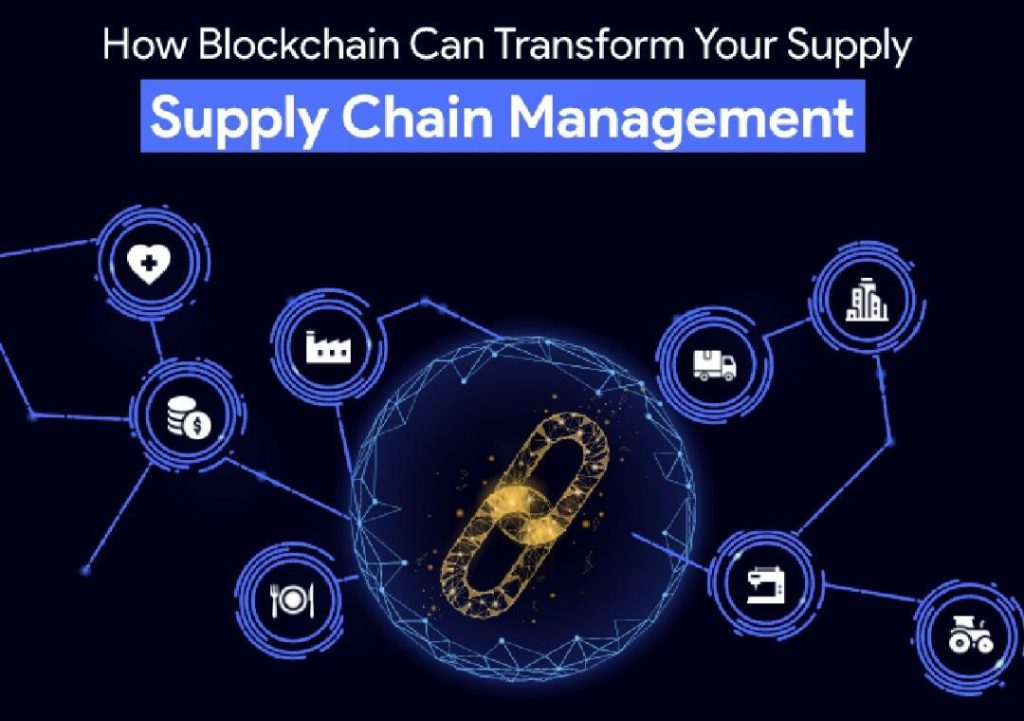
Will Blockchain Make Supply Chains Unbreakable?
The rise of e-commerce has transformed the way we shop, making it easier than ever to purchase products from around the world. However, this convenience has also created new challenges for businesses and consumers alike. Counterfeit products, supply chain disruptions, and lack of transparency can all lead to trust issues and financial losses. That’s where blockchain technology comes in – a potential game-changer in the world of supply chain management.
Blockchain’s tamper-proof ledgers bring transparency and traceability to supply chains, verifying product origins, combating counterfeits, and streamlining audits. Industries from food to fashion are adopting blockchain to improve authenticity, strengthen trust, and make global logistics more resilient against fraud and disruption.
The Problem with Supply Chains
Traditional supply chains are often opaque, making it difficult to track products as they move from manufacturer to retailer. This lack of transparency creates opportunities for counterfeiting, tampering, and other forms of fraud. In the worst cases, this can lead to serious health and safety risks, as well as financial losses for businesses and consumers.
Take the food industry, for example. Food poisoning outbreaks can have devastating consequences, and tracking the source of contaminated products can be a complex and time-consuming process. Similarly, in the fashion industry, counterfeit products can be difficult to distinguish from genuine items, making it challenging for consumers to know what they’re buying.
How Blockchain Can Help
Blockchain technology offers a solution to these problems by providing a decentralized, transparent, and secure way to track products throughout the supply chain. Here’s how it works:
- Distributed Ledger: A blockchain network consists of multiple nodes, each with a copy of the ledger. This ensures that the data is distributed and tamper-proof, making it difficult for any single entity to manipulate the information.
- Smart Contracts: Smart contracts are self-executing contracts with the terms of the agreement written directly into lines of code. These contracts can be triggered automatically when certain conditions are met, such as the shipment of a product.
- Product Tracking: Each product is assigned a unique identifier, which is then tracked throughout the supply chain. This information is recorded on the blockchain ledger, providing a tamper-proof history of the product’s movement.
- Auditability: The blockchain ledger provides a permanent record of all transactions, making it easy to track the origin and movement of products. This auditability can help companies identify and correct issues quickly, reducing the risk of supply chain disruptions.
Real-World Examples
Several industries are already leveraging blockchain technology to improve their supply chains. Here are a few examples:
- Walmart: Walmart has partnered with IBM to use blockchain technology to track the movement of food products, including leafy greens and pork. The goal is to improve food safety and reduce the risk of contamination.
- LVMH: The luxury fashion group LVMH has developed a blockchain-based platform to track the origin and movement of high-end watches. This helps to verify the authenticity of the products and reduce the risk of counterfeiting.
- Maersk: The shipping company Maersk has partnered with IBM to use blockchain technology to track the movement of goods across the supply chain. This helps to improve efficiency, reduce costs, and enhance transparency.
Benefits of Blockchain in Supply Chains
The benefits of blockchain in supply chains are numerous:
- Transparency: Blockchain provides a tamper-proof record of product movement, making it easier to track the origin and movement of products.
- Authenticity: Blockchain technology can help to verify the authenticity of products, reducing the risk of counterfeiting.
- Efficiency: Blockchain can streamline supply chain processes, reducing the need for manual data entry and improving communication between stakeholders.
- Resilience: Blockchain technology can help to improve the resilience of supply chains, reducing the risk of disruption and improving business continuity.
Conclusion
Blockchain technology has the potential to revolutionize the way we manage supply chains. By providing a tamper-proof, transparent, and secure way to track products, blockchain can help to improve authenticity, strengthen trust, and make global logistics more resilient against fraud and disruption.
As more industries adopt blockchain technology, we can expect to see significant improvements in supply chain management. From food to fashion, blockchain has the potential to make supply chains unbreakable, providing a secure and transparent way to track products and improve business operations.
References
https://www.growthjockey.com/blogs/blockchain-in-supply-chain






